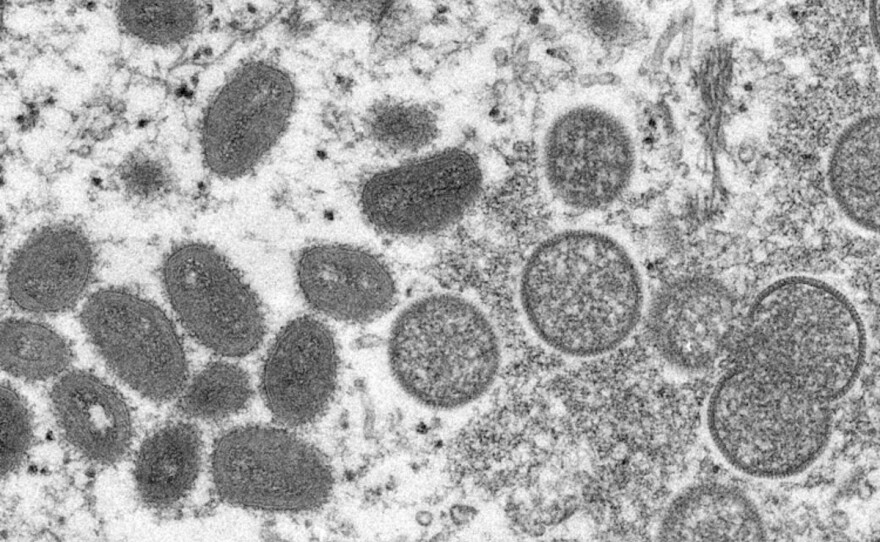Richmond and Henrico Health Districts say there are 19 presumed and confirmed cases of monkeypox in the state — but none so far have been found in Central Virginia. It’s an uncommon disease, but health officials say they’re closely monitoring transmissions as cases climb worldwide.
Monkeypox regularly affects people in some central and west African countries, where it’s endemic, but occasionally spreads in other nations — including a 2003 outbreak in the American Midwest. Earlier this year, the World Health Organization reported infections in countries that had not previously had a monkeypox tally, primarily in Europe.
An infection is often identified by a distinct rash that looks like blisters or acne bumps, and patients often experience head and body aches, fever and chills.
Dr. Melissa Viray, deputy director of Richmond and Henrico Health Districts, said luckily, the region isn’t seeing the transmission rates of other areas of the country and the world.
“I think it's just really important that people keep in mind that this is still out there,” Viray said. “And that we need to keep an eye out for it, both for individuals who are sexually active and for providers who may be evaluating individuals with the rash in their clinics.”
Although most cases associated with the current outbreak have been identified in men who have recently had sex with other men, “anyone, regardless of your gender identity or your sexual orientation can get monkeypox, if they have close contact with someone infected with the virus,” the doctor said.
Viray said close contact can include exposure to respiratory droplets from prolonged face-to-face interactions, as well as direct skin-to-skin contact with the rash.
There are no treatments specifically for monkeypox, according to the CDC. However, because it’s related to smallpox, antiviral drugs and vaccines developed to protect against smallpox can be used to prevent and treat monkeypox.
Virginia Department of Health is investigating cases and facilitating testing and access to treatment, as well as contact tracing.



